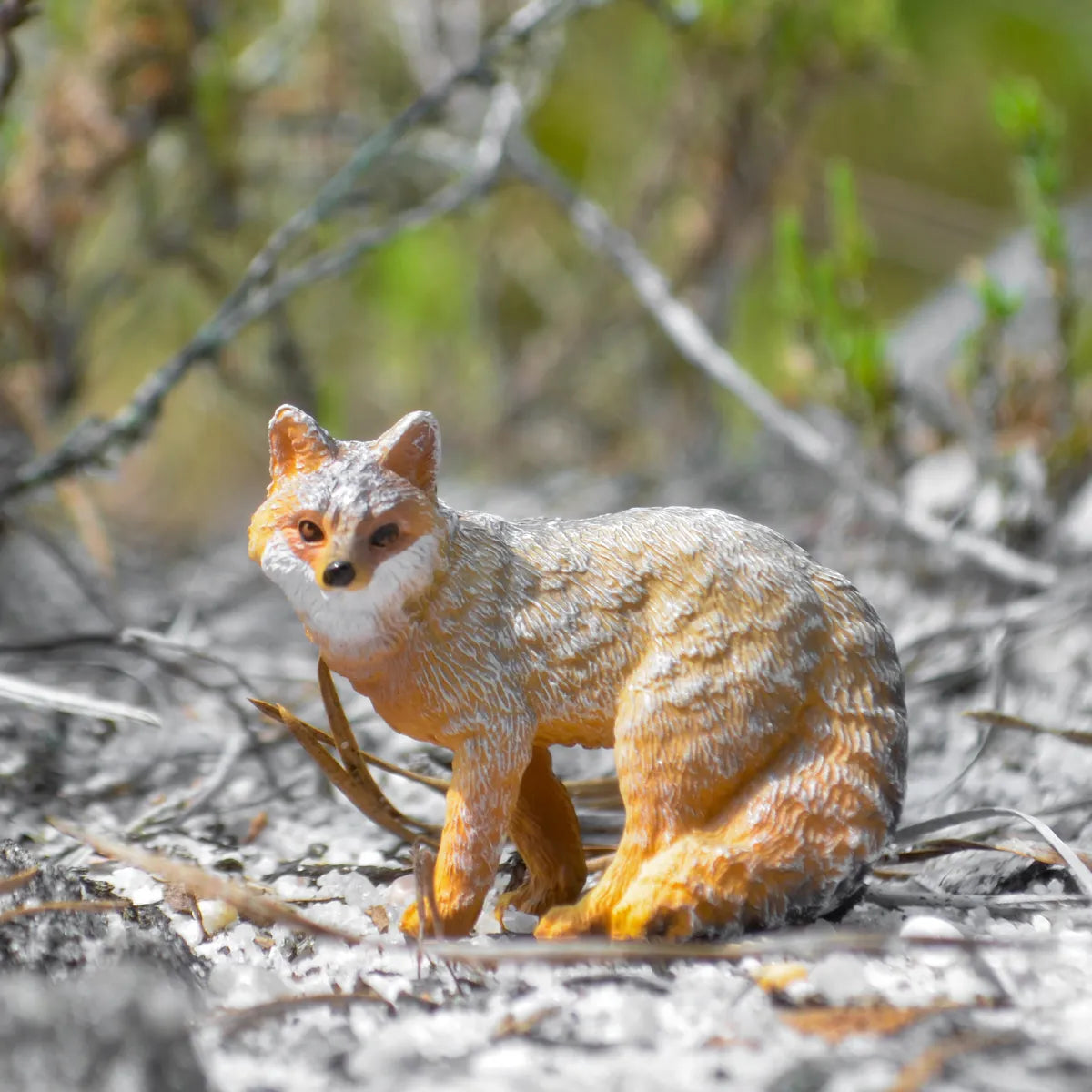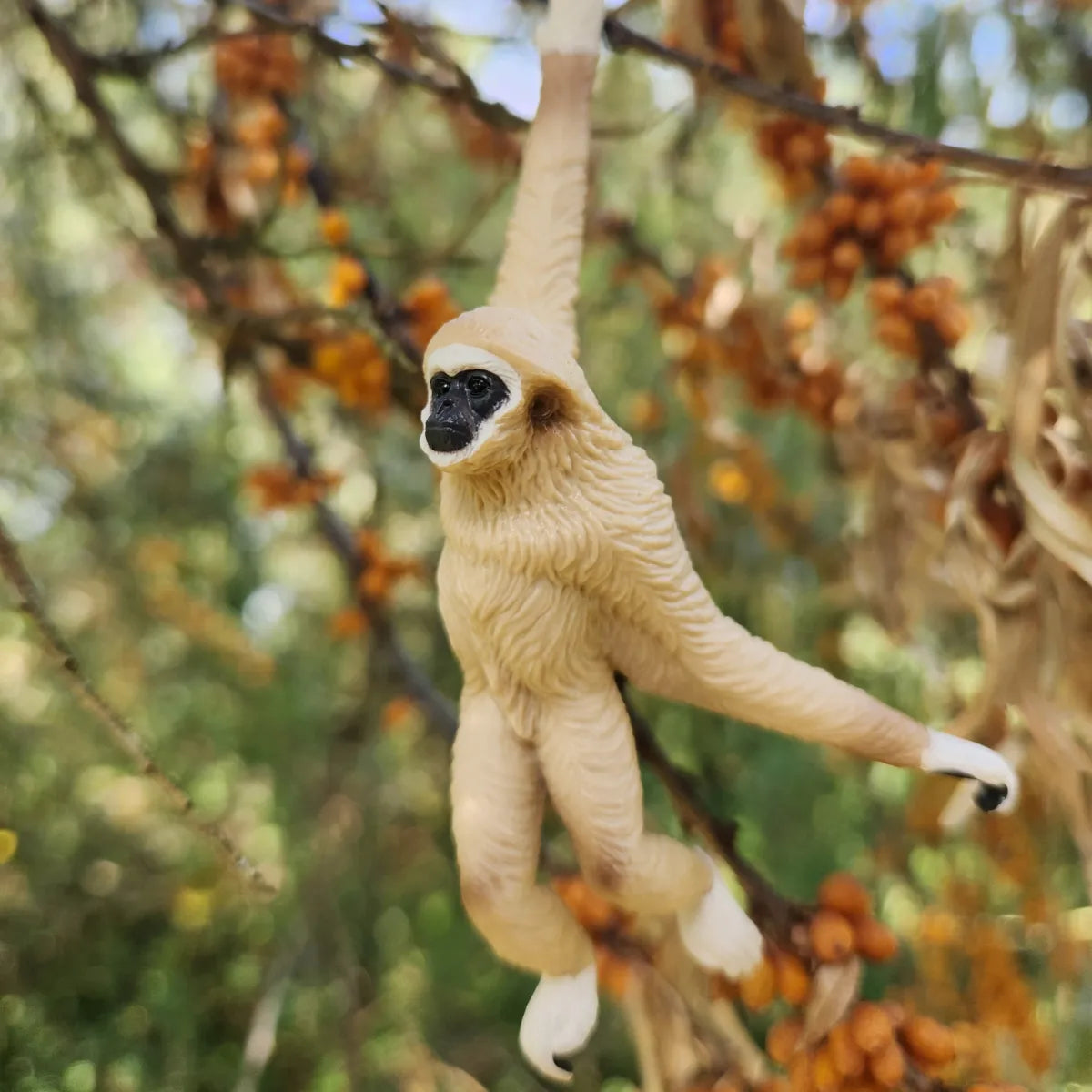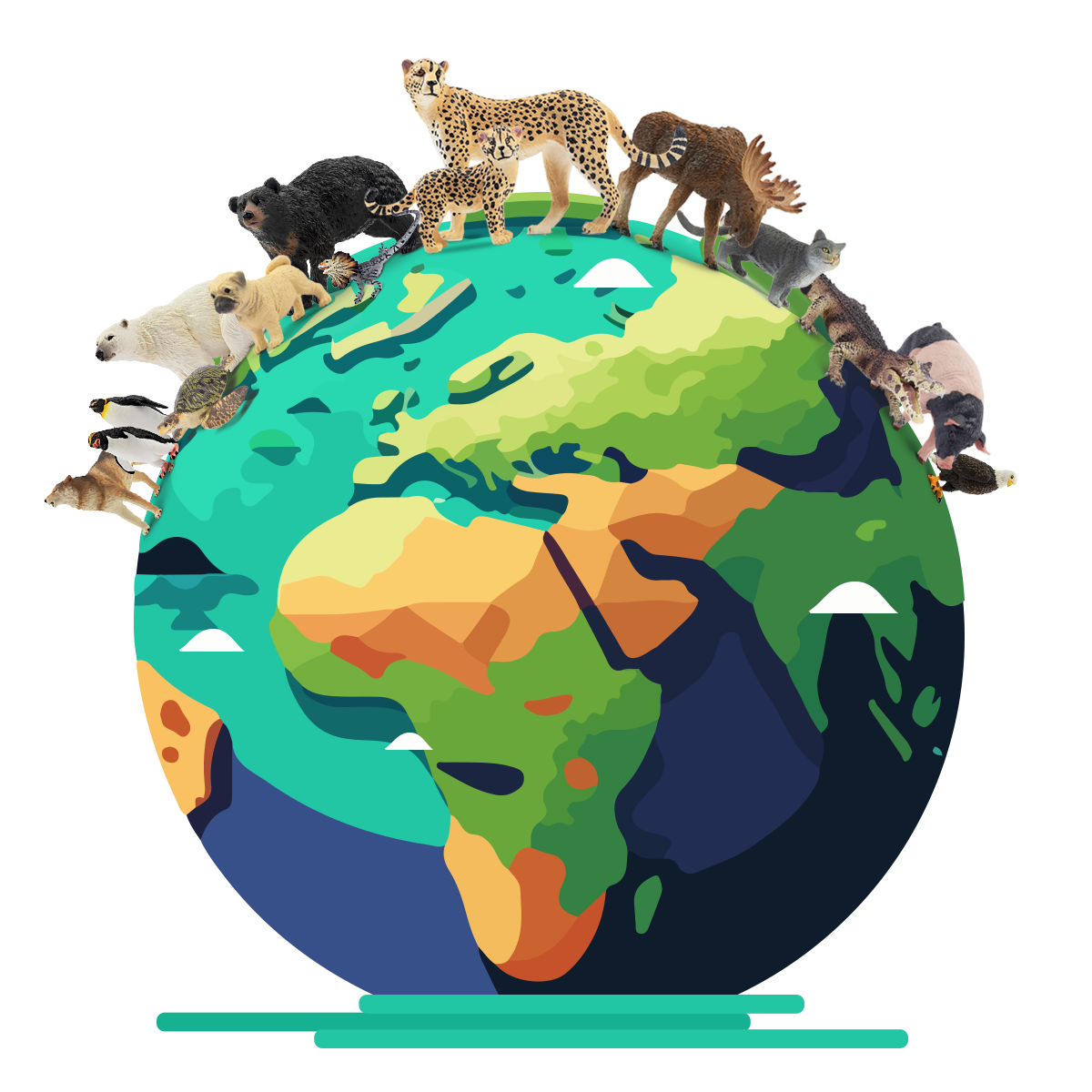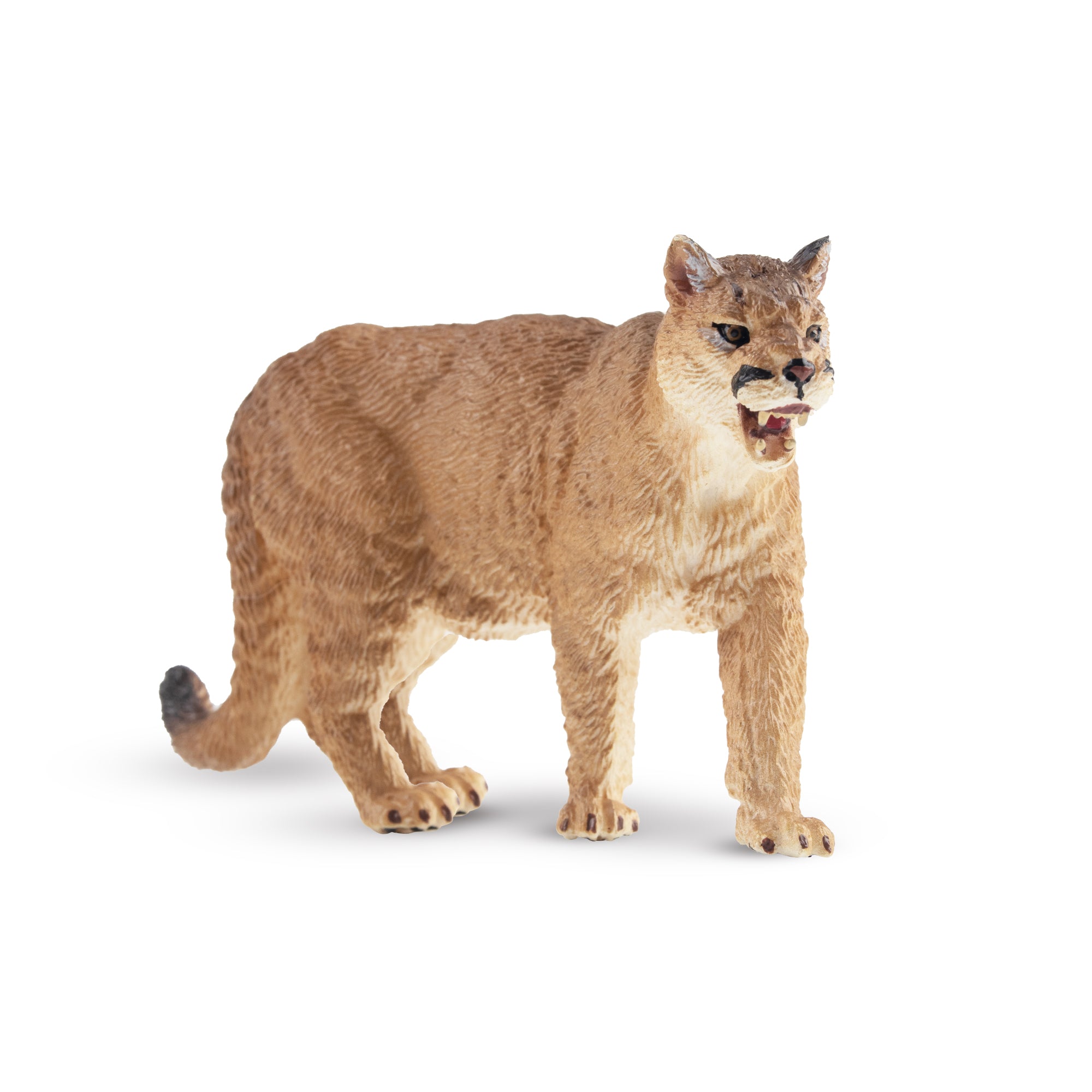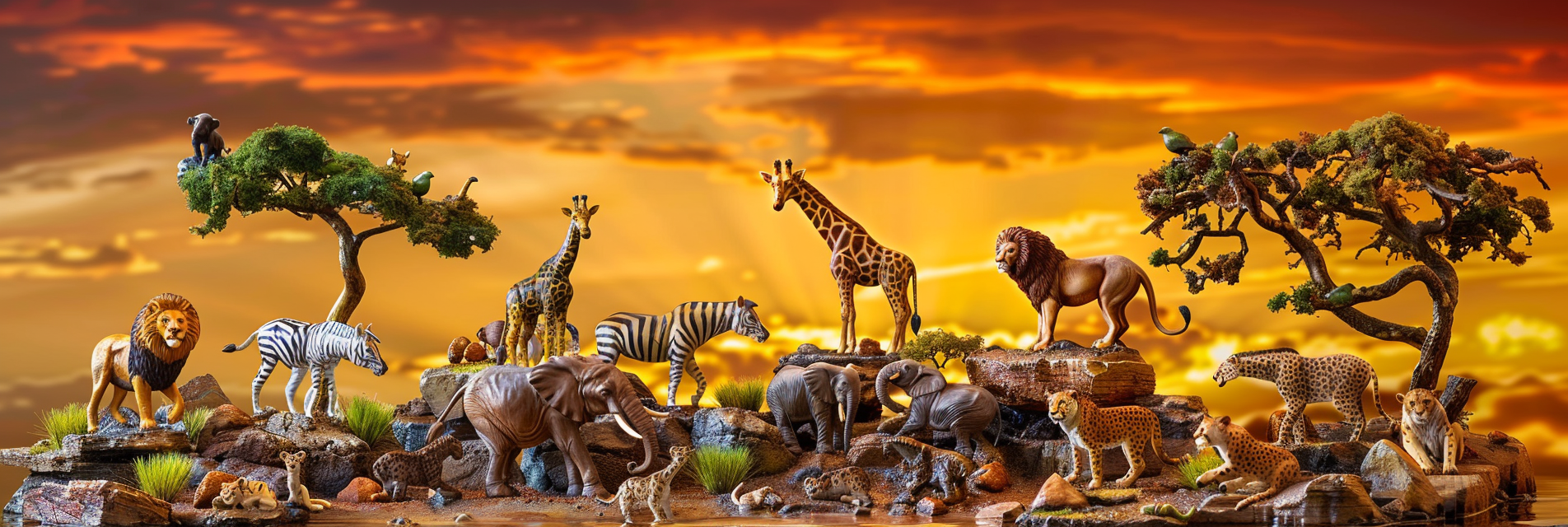
Cougar
The Cougar (Puma concolor), also known as the mountain lion, puma, or panther, is a large felid native to the Americas. Its range is the most extensive of any wild terrestrial mammal in the Western Hemisphere, stretching from the Canadian Yukon to the southern Andes in South America. Cougars are adaptable predators that inhabit various types of environments, including forests, mountainous terrains, deserts, and even urban fringes.
Scientific Name
Puma concolor
Behavior
Cougars are solitary and secretive animals that prefer to avoid direct contact with humans. They are primarily nocturnal but can be active during the day, especially in areas where they feel undisturbed. Cougars are territorial; males have large home ranges that may overlap with those of several females but not typically with other males. These apex predators primarily feed on deer but will also hunt other ungulates and smaller wildlife, including domestic animals when wild prey is scarce.
Breeding
Cougars do not have a specific breeding season, with females capable of breeding at any time of year. However, there is often a peak in mating and births corresponding to local prey populations. After a gestation period of approximately 91 days, the female gives birth to a litter of one to six cubs, with two or three being most common. Cubs are born blind and rely on their mother for protection and to learn hunting skills over the first 1-2 years of life.
Characteristics
Cougars have a slender, agile body, making them excellent climbers and capable of making powerful leaps and sprints. Adults typically weigh between 64 to 220 pounds (29 to 100 kg), with males being larger and heavier than females. Their coat color ranges from light brown to reddish or greyish, providing camouflage in their natural habitat. Cougars have a notable long tail, approximately one-third of their total body length, which aids in balance.
History
Historically, cougars were found across nearly all of North and South America. However, extensive hunting and habitat loss significantly reduced their range in North America, primarily restricting them to the western United States, Canada, and isolated populations in Florida, where the subspecies known as the Florida panther (Puma concolor coryi) resides.
Current Status
The IUCN classifies the Cougar as Least Concern due to its wide distribution and large population. Nonetheless, certain populations, particularly those in isolated or fragmented habitats like the Florida panther, are considered endangered and face significant threats from human development, road accidents, and genetic inbreeding. Conservation efforts for cougars include habitat preservation, establishing wildlife corridors to connect fragmented populations, and public education programs to reduce human-cougar conflicts.


